
Mexico City, Mexico, Jun 11, 2020 / 12:55 am (CNA).- Abortion clinics in Mexico City are reporting decreases in abortion by as much as 40% due to the coronavirus lockdown.
The Mexican daily El Universal reported June 7 that measures implemented by the government to stop the spread of the coronavirus have prevented pregnant women from getting to abortion facilities.
The article laments the delay of imported contraceptives and abortion pills, as well as the situation of women from outside Mexico City, who have not been able to travel to the Mexican capital to get abortions.
Abortion on demand through 12 weeks gestation has been legal in Mexico City since 2007. However, abortion is restricted in other parts of the country to varying limited circumstances, such as rape, incest, danger to the life of the mother, fetal non-viability or deformity.
Alison González, spokeswoman for Pasos por la Vida (Steps for Life), which organizes the March for Life in Mexico City every year, said that it is “incredible that given the times we’re living in there are institutions that only think about abortion.”
Speaking with ACI Prensa, CNA’s Spanish language news partner, González said that “some international organizations exert pressure to introduce this type of procedure instead of promoting public policies in all countries to end the true causes of abortion.”
“For example, this is what ought to be promoted: access to education–because at least in Mexico it’s insufficient, low quality and not equal for everyone–having comprehensive maternity insurance for all pregnant women, and job opportunities for women,” she stressed.
Also needed, she said, are “access to childcare services, poverty reduction, vouchers for early childhood products, support programs for pregnant women, and housing plans for women in vulnerable situations.”
Instituting these policies, she said, would lower abortion rates by offering real solutions for women, rather than “ideologies or impositions that come from abroad," González said.
“Women must be protected, accompanied and supported so that they can experience integral personal development within their family,” she said.
María Lourdes Varela, director of 40 Days for Life in Ibero-America, criticized “the strong push for abortion at home during the pandemic.”
“We’re asking people not to see children as the enemy,” she said. “If there are more babies, they should be welcomed as they are human beings who deserve the same rights and opportunities as we do.”
If you value the news and views Catholic World Report provides, please consider donating to support our efforts. Your contribution will help us continue to make CWR available to all readers worldwide for free, without a subscription. Thank you for your generosity!
Click here for more information on donating to CWR. Click here to sign up for our newsletter.



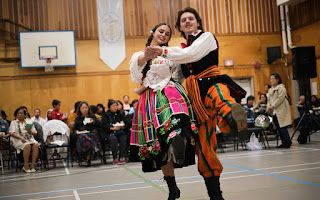
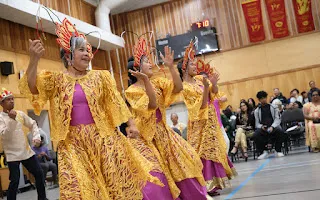
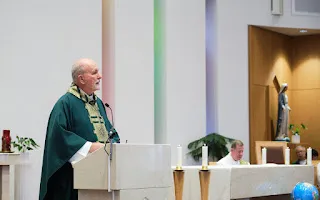
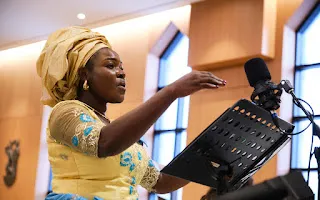
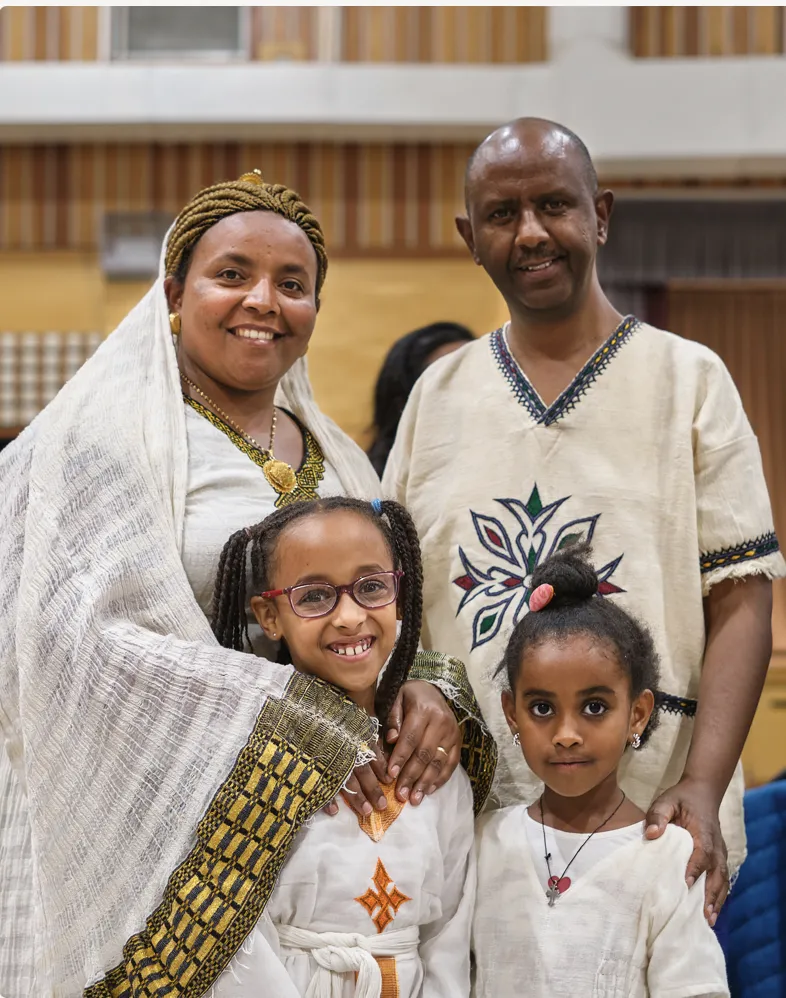
Leave a Reply